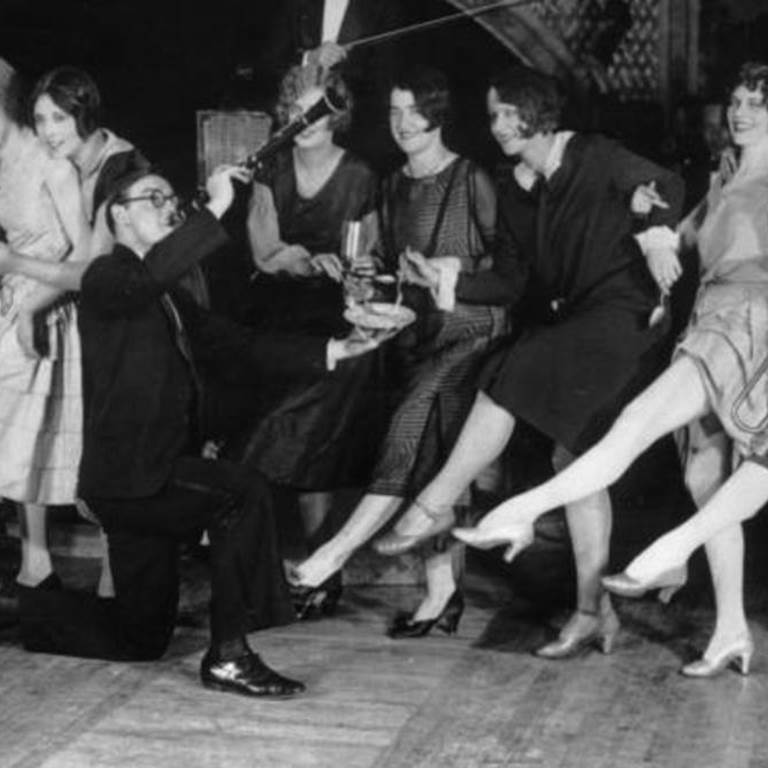I have seen a few people on Twitter make this move. They have deliberately started to follow people they would otherwise have disagreed with and ignored. Although at times it may be infuriating to hear conflicting views, the overall experience is likely to be both illuminating and edifying.
The hidden power of the weakest links
news
Agency News
Published by
Charles Vallance
Date
13/01/2020
The 20s are finally upon us. Last time round, it was a singularly glamorous decade, at least retrospectively.
The 1920s conjure up images of F Scott Fitzgerald, Noël Coward, Oxford bags, cocktail parties, flappers, prohibition and the jazz age. And it came, of course, after a time of terrible conflict. No wonder they called it the roaring 20s. People had a right to party.
While the Brexit dramas of the past few years in no way compare to the turmoil of war, there is I think a detectible feeling of release in 2020. The chance for renewal, revival and even optimism. It has been a long wait, so let's hope so.
If there is a new spirit afoot, it will need nurturing and protecting as it is inevitably young and fragile. It will be reinforced by everyone working hard to understand each other and find common ground, rather than clinging to the habits of polarity and groupthink. But, one suspects, this is rather more easily said than done.

To alter attitudes, we first have to adapt behaviour. If we start doing things differently, we might start to think differently, and thus alter our world view to accommodate a more diverse and heterogeneous set of opinions.
This is what Mark Granovetter's groundbreaking study of social networks established back in 1973. He called it 'The Strength of Weak Ties'.

In it, he demonstrated that the weakest, not the strongest, social ties are the most irreplaceable ones. Since then, his weak tie theory has been validated repeatedly by more recent, data-driven research.
The finding, in fact, is not as counter-intuitive as it first appears. If you surround yourself only with people, views and connections that are close to you, then you will inevitably form a clique. The problem with cliques, as Tim Harford observes in his sociocultural study Messy, is that they become blinkered: "In a clique, everyone knows everyone and all tell you the same. The more peripheral the contact, the more likely she is to tell you something you didn't know."
What we don't know, of course, is precisely the thing we need to master in order to progress and flourish. Denying ourselves access to it, avoiding weak ties, is strategic folly. This has been illustrated emphatically in politics of late. The failure of the two opposition parties in the last general election was, to some extent at least, their failure to be peripheral. Neither of their leadership teams managed to reach meaningfully beyond their electoral cores. They spoke to their strong rather than weak links. A friend of mine drove across America just prior to Trump's election victory and, a devoted Democrat, ended his trip convinced that Trump would win. The periphery between the two coastlines gave him the insight of the weak tie.
As we know from Dominic Cummings' recruitment blog, politics and communications are inextricably linked. So, with the new decade unfolding before us, I would urge adland to run towards the periphery, to nurture and cultivate the weaker links it has perhaps neglected over the past decade, particularly during those late teenage years.
We are now moving from adolescence to adulthood. Let’s act accordingly and embrace the looser ties of difference, diversity and heterogeneity, rather than the strong ties of the village and the clique. Let’s open ourselves up to the margins and the overlooked. Let’s start the 20s with a roar, not an echo.


